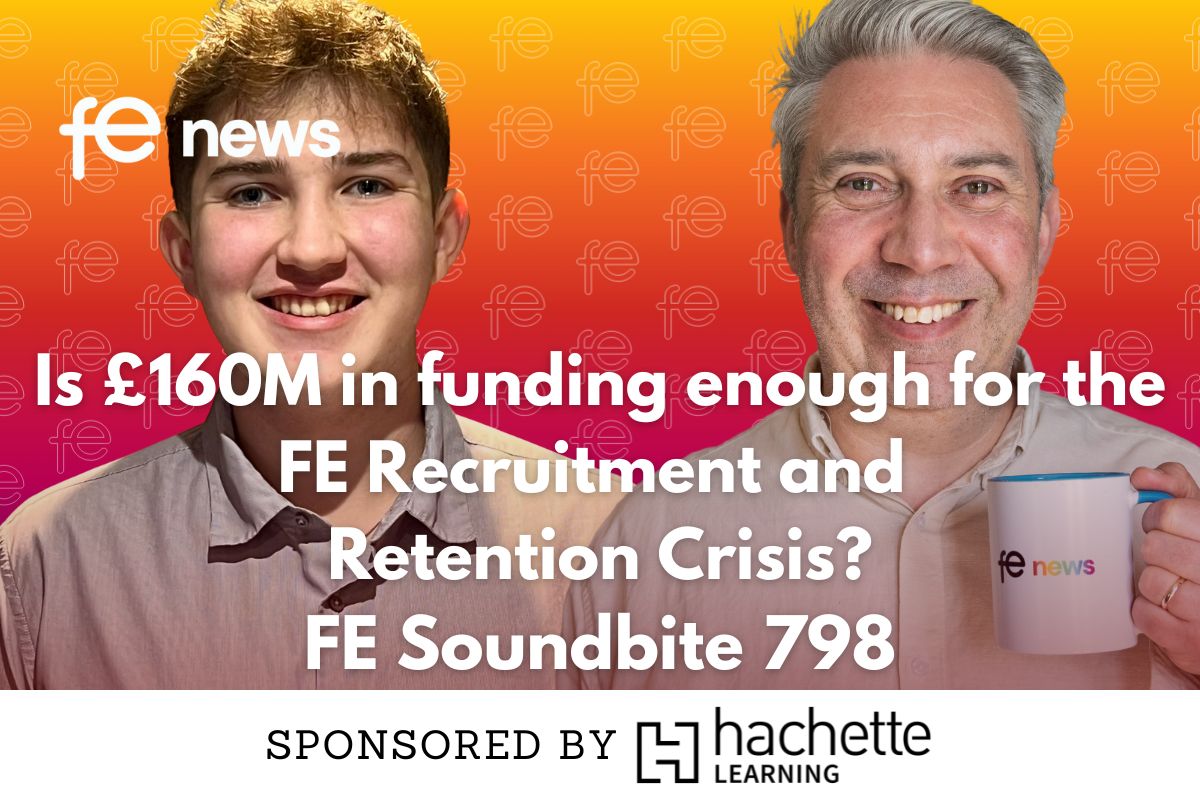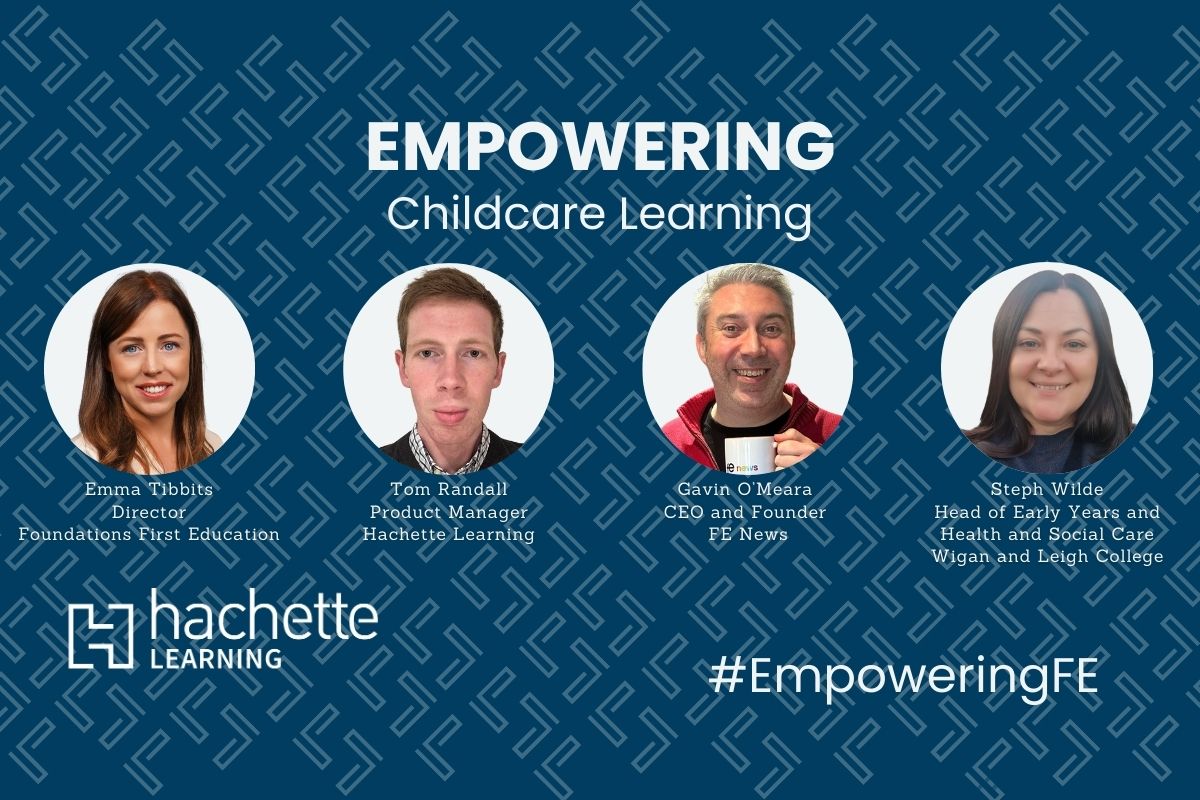Education Secretary launches RSE call for evidence

Young people and parents to have their say on relationships and sex education.
-
Views of teachers, parents and young people to help shape first updating of relationships and sex education guidance since 2000
-
New approach to combat online issues
-
Follows confirmation that the subject will be compulsory in all schools, to help equip every young person for life in modern Britain
The government is asking parents, teachers and young people to help shape a new relationships and sex education curriculum that will help them stay safe and face the challenges of the modern world.
Pupils in England’s schools are currently taught about relationships, health and the wider world through sex and relationship education (SRE) and personal, social, health and economic education (PSHE) lessons.
DfE are looking into how they can improve these subjects and will be asking specific questions depending on whether you are a young person or an adult.
This survey asks for your views on a number of topics related to these subjects. It should take around 30 minutes to complete. DfE will use your comments to help us further refine our thinking and proposals.
This consultation is being held here. The consultation closes at
The current statutory guidance for teaching Relationships and Sex Education (RSE) was introduced in 2000. It currently fails to address risks to children which have grown in prevalence in recent years, including online pornography, sexting and staying safe online.
The guidance is being updated after legislation was passed by Parliament earlier this year to make relationships education compulsory in all primary schools and relationships and sex education compulsory in all secondary schools.
As part of that process, an eight week call for evidence will invite views on age-appropriate content on mental wellbeing, staying safe online and LGBT issues in the updated subjects.
The move to make RSE compulsory was welcomed by the teaching profession and organisations such as Barnardo’s, Stonewall, the Catholic Education Service, NSPCC, Terrence Higgins Trust and the End Violence Against Women coalition.
Education Secretary Justine Greening said:
It is unacceptable that Relationships and Sex Education guidance has not been updated for almost 20 years especially given the online risks, such as sexting and cyber bullying, our children and young people face. Young people must have an education that teaches them the importance of healthy and stable relationships.
This call for evidence is about giving teachers, parents and especially young people a chance to help shape that new approach and I’d urge them to take part.
Currently only pupils attending local-authority run secondary schools – which represent around a third of secondary schools – are guaranteed to be offered Sex and Relationship Education as currently delivered.
The ‘call for evidence’ aims to gather views from people across England from all backgrounds on the content of this subject. It will look to establish:
- what teachers think they should be teaching their pupils to help them navigate the modern world they are growing up in;
- how parents expect their children to be taught this topic in a safe and age-appropriate way; and
- what children themselves think they would benefit from understanding the most, and the online risks they are concerned with.
Ian Bauckham, who was awarded the CBE in 2017 for services to education, will lead this process. He is CEO of a multi-academy trust, executive head of a large 11-18 Church of England comprehensive in Kent and, as a National Leader of Education (NLE), works with many other schools in the region and more widely.
Ian Bauckham CBE said:
I warmly welcome the government’s decision to seek views on these important topics. Since I started work as a teacher over thirty years ago, enormous changes have taken place both in the lives of young people and in the wider world in which we are preparing them to live. I hope that the call for evidence being launched now gives us the chance to find out about the best teaching and to improve provision for all our young people in all types of school.
 Dr Mary Bousted, joint general secretary of the National Education Union, said:
Dr Mary Bousted, joint general secretary of the National Education Union, said:
Young people need relationships and sex education that is fit for the world they live in in the 21st century. The report we put out last week, with UK Feminista, shows how urgent this is because sexual harassment of girls is widespread, with 37% of girls in mixed-sex schools having been sexually harassed at school.
We are calling on relationship and sex education (RSE) to be made a compulsory part of personal, social, health and economic education (PSHE) for all school children. Young people need to be given the knowledge and skills to challenge unacceptable and harmful behaviours and equip them to stay safe. It is not good enough to rely on parents to provide the information and advice young people need when many do not have the time or information to do so.
For it to be effective, the Government needs to invest in training for teachers so that schools are able to provide high quality RSE. It also needs to ensure schools have high quality resources and enough time in the school curriculum to teach RSE.
Primary school children need to be given the correct names of body parts, and to learn about menstruation and puberty. RSE also needs to be fully accessible to pupils with special educational needs and disabilities (SEND), promote gender equality, and be LGBT+ inclusive.
High quality RSE would prepare our children to have healthy relationships in adulthood, as well as tackle gender inequality and help our children to stay safe online and offline.
We are relieved the Government has finally got around to updating its 2000 guidance and will respond to the consultation.
The teaching of this important subject in schools is supported by the wider public. Recent surveys show that:
- 91% of parents believe all pupils should receive lessons to teach them about the risks of sexting, as well as other issues such as contact from strangers online; and
- 74% of 11 – 15 years old believe that children would be safer if they had age appropriate classes on relationships and sex education.











Responses